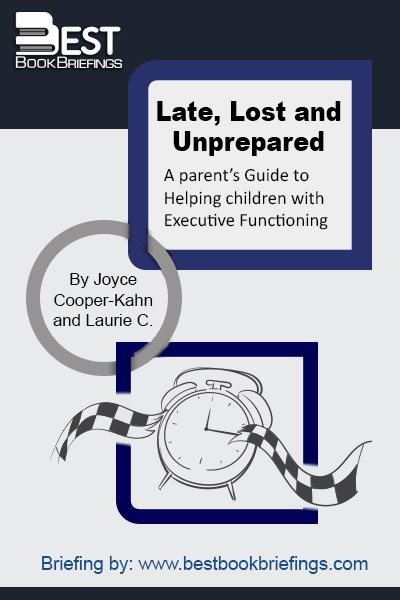Late, Lost and Unprepared
A parent’s Guide to Helping children with Executive Functioning
Editorial Review
Is your child chronically late turning in papers? Does she show up for soccer practice without her soccer bag? Say things without thinking? Read something and forget what he read? Wait until the last minute and then get caught short of time to complete tasks? Written by two clinical psychologists, Late, Lost, and Unprepared is a practical, down-to-earth guide for parents of children and adolescents who have difficulty with these skills-planning and organization, self-monitoring, impulse control, working memory, and initiating tasks.
Book Reviews
Books on Related Topics
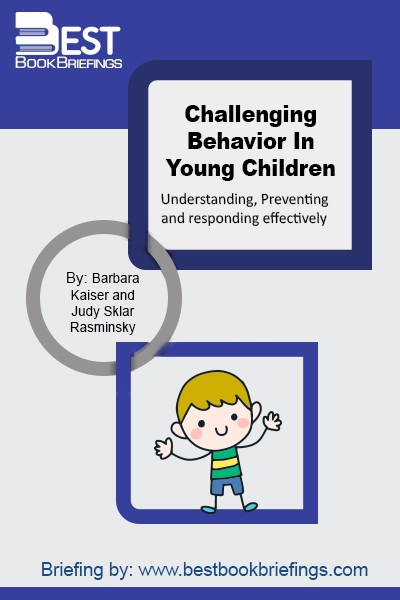
The Text brings together knowledge from neuroscience psychology, psychiatry, child development, special education, early Care and education, cross culture research, and proactive social skills programs and organizes it into a single comprehensive (and comprehensible) whole. The research–based strategies can be used separately or together, providing you with the collection of tools
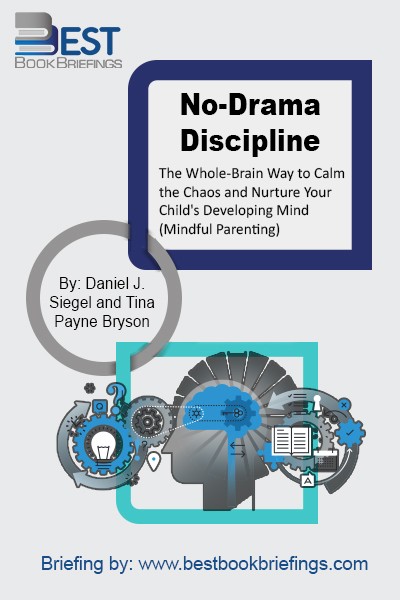
Do you ever find yourself asking, after an especially agonizing interaction with your kids, “Can’t I do better than this? Can’t I handle myself better, and be more effective parent? Can’t I discipline in ways that calm the situation rather than create more chaos?” You want the bad behavior to stop,

Over the past two generations, parenthood has gone through radical readjustments. As children went from helping on the farm to being the focus of relentless cosseting, they shifted from being our “employees” to our “bosses!” Even the most organized people have little to do to prepare themselves for having children. They
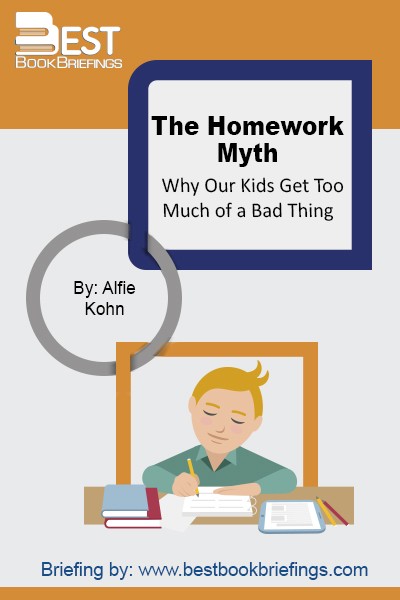
After spending most of the day in school, children are typically given additional assignments to be completed at home. This is odd in light of the fact that widespread assumptions about the benefits of homework – higher achievement and the promotion of self-discipline and responsibility-aren’t substantiated by the available evidence. Many
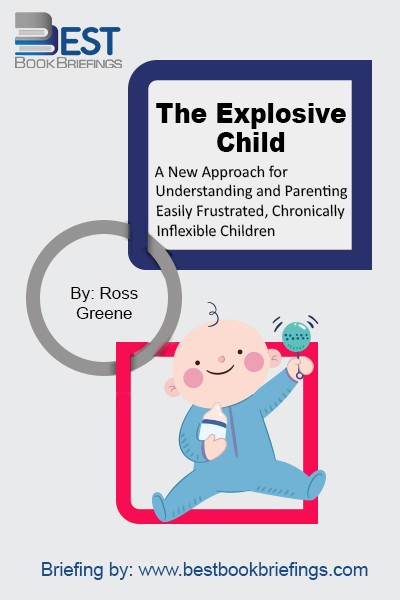
Dealing more effectively with explosive children requires, first and foremost, an understanding of why these children behave as they do. Once this understanding is achieved, strategies for helping things improve often become self-evident. In some instances, achieving a more accurate understanding of a child’s difficulties can, by itself, lead to improvements

